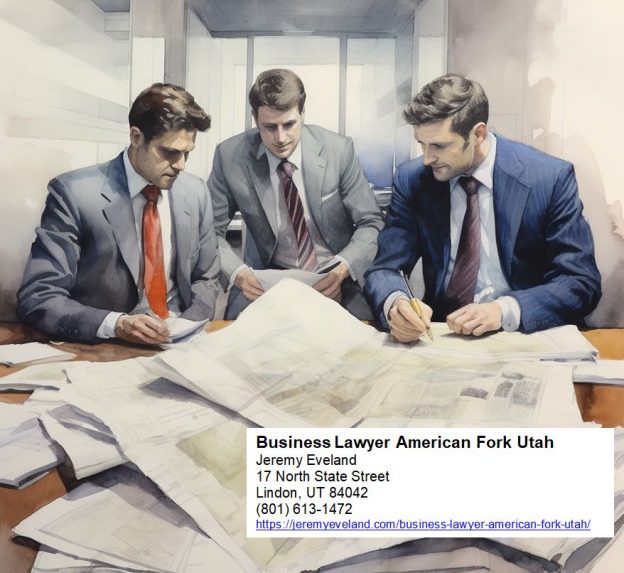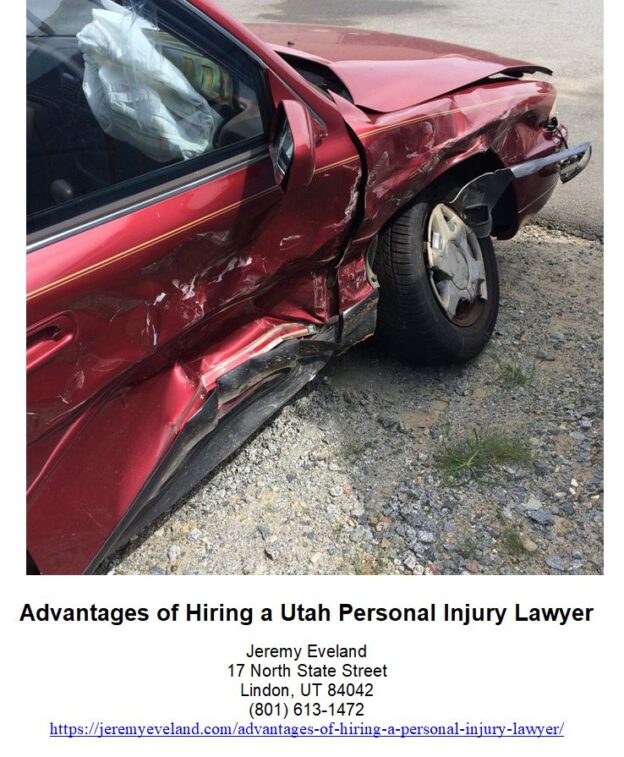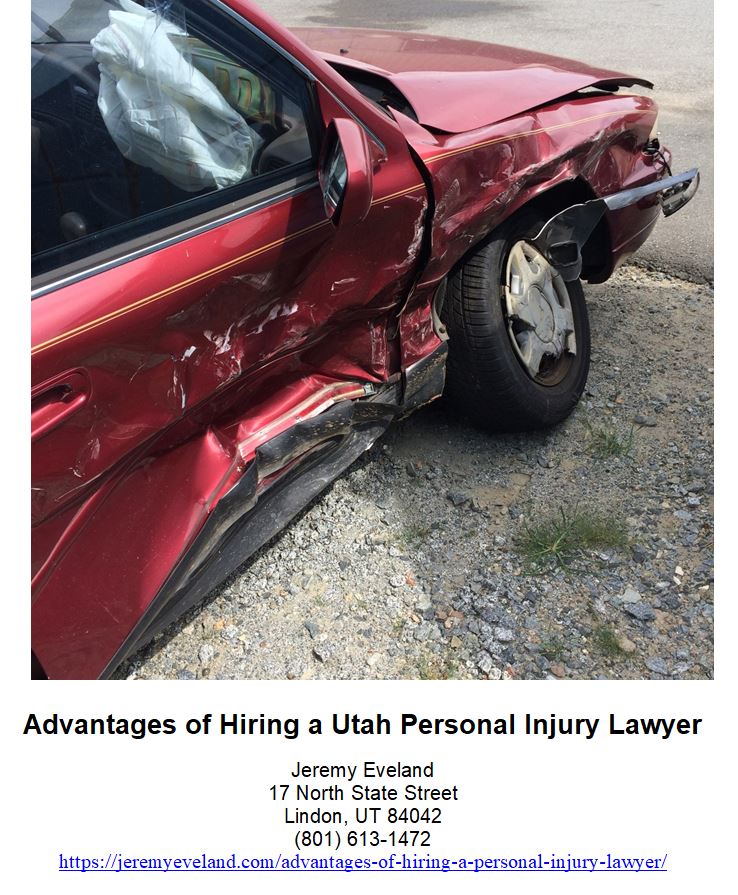In the legal world, the concept of the statute of limitations holds immense importance. Understanding this fundamental principle is crucial for both businesses and individuals to protect their rights and interests. The statute of limitations refers to the time limit within which legal action can be taken for a particular offense or claim. This time constraint not only ensures the preservation of evidence and witnesses’ testimony but also promotes fairness and efficiency in the legal system. In this article, we will explore the intricacies of the statute of limitations, its various applications, and the implications it can have on businesses and individuals alike. By delving into frequently asked questions surrounding this topic, we aim to equip you with the knowledge necessary to navigate the complex legal landscape and make informed decisions. Remember, if you find yourself entangled in a legal matter, it is crucial to seek the guidance of a skilled attorney who specializes in your area of concern.
What is the statute of limitations?
The statute of limitations is a legal concept that sets a time limit for how long a person has to file a lawsuit or bring criminal charges against another party. It is the period during which a legal action can be initiated, and once the statute of limitations expires, the right to sue or prosecute is lost.
Definition of statute of limitations
The statute of limitations refers to the specific timeframe within which a legal action must be initiated. The length of this timeframe varies depending on the type of offense or claim being pursued.
Purpose of the statute of limitations
The primary purpose of the statute of limitations is to promote fairness and justice within the legal system. It serves to ensure that claims are brought forward in a timely manner, giving all parties involved a reasonable opportunity to gather evidence, identify witnesses, and present their case. By imposing time limits, the statute of limitations prevents individuals from filing claims long after the alleged incident occurred when evidence and memories may have faded.
Importance of understanding the statute of limitations
Understanding the statute of limitations is crucial for both individuals and businesses involved in legal matters. Failing to file a claim or bring charges within the specified timeframe can result in the loss of legal rights and the inability to seek legal remedies. It is essential to consult with a qualified attorney to determine the applicable statute of limitations and ensure compliance with the legal requirements.
How does the statute of limitations work?
Time limits for different types of offenses
The statute of limitations varies depending on the nature of the offense or claim. For criminal offenses, the time limits typically range from a few years to several decades, depending on the severity of the crime. Civil lawsuits, on the other hand, have their own specific timeframes, which can be shorter or longer than those for criminal cases.
Tolling or pausing the statute of limitations
In certain circumstances, the statute of limitations can be paused or tolled, effectively extending the timeframe within which a claim can be filed or charges can be brought. Tolling may occur when the defendant is a minor, the plaintiff is mentally incapacitated, or the defendant is absent from the jurisdiction. These exceptions allow for a fairer and more just legal process.
Calculating the statute of limitations
Calculating the statute of limitations can be complex, as it involves considering various factors, including the date of the alleged incident, the type of offense, and any applicable tolling exceptions. It is crucial to consult with an attorney experienced in the specific area of law to accurately determine how much time is available to bring a claim or file charges.
Exceptions to the statute of limitations
While the statute of limitations generally sets strict time limits, there are exceptions that may allow claims to proceed even after the expiration of the statutory timeframe. These exceptions can include situations where the defendant fraudulently concealed their actions or when new evidence emerges that supports the claim. An attorney can examine the specific circumstances and advise on the potential applicability of these exceptions.

Why is the statute of limitations important in criminal cases?
Preserving evidence and witness testimony
One of the fundamental reasons the statute of limitations exists is to ensure the preservation of evidence and witness testimony. As time passes, evidence may deteriorate or become lost, and witnesses’ memories may fade. By establishing time limits, the statute of limitations encourages prompt investigation and legal action, ensuring that evidence and testimony are fresh and reliable.
Ensuring fairness and due process
The statute of limitations plays a crucial role in maintaining fairness and due process in criminal cases. It prevents the prosecution from indefinitely threatening someone with potential charges, providing a reasonable assurance that if no charges are brought within the specified timeframe, the accused can move on with their life without fear of prosecution.
Preventing stale claims
Allowing claims or charges to be filed many years after an alleged offense can result in significant prejudice to the defendant. Memories fade, witnesses relocate, and evidence becomes harder to obtain or verify. The statute of limitations protects defendants from facing stale claims that might be based on unreliable or false information.
Statute of limitations in civil cases
Time limits for filing civil lawsuits
In civil cases, the statute of limitations sets the time limit for filing a lawsuit. The specific timeframes can vary widely depending on the nature of the claim and the jurisdiction in which the lawsuit is being filed. It is essential to consult with an attorney to determine the applicable statute of limitations for a particular civil claim.
Different statutes of limitations for various civil claims
Different types of civil claims have their own specific statutes of limitations. For example, personal injury claims may have a different timeframe than contract disputes or property damage claims. Understanding the specific statute of limitations for each type of civil claim is essential to ensure timely and effective legal action.
Exceptions and tolling in civil cases
Similar to criminal cases, there can be exceptions and tolling provisions in civil cases that allow claims to proceed even after the expiration of the statute of limitations. These exceptions may include cases involving fraudulent concealment, ongoing harm, or delayed discovery of an injury. An experienced attorney can assess the circumstances and determine if exceptions are applicable.

Statute of limitations for business-related offenses
White-collar crimes and fraud
Business-related offenses, such as white-collar crimes and fraud, can have specific statutes of limitations. In some cases, the time limit may be extended if the offense involves ongoing illegal activity or if the fraudulent conduct was concealed. It is crucial for businesses and business owners to understand the applicable statutes of limitations for potential offenses they may encounter.
Breach of contract claims
Breach of contract claims, which commonly arise in business transactions, also have their own specific statutes of limitations. The timeframe within which a breach of contract lawsuit can be filed depends on various factors, including the type of contract, the jurisdiction, and the governing law. Consulting with an attorney familiar with contract law is essential to ensure timely and successful legal action.
Intellectual property disputes
Intellectual property disputes, such as patent or copyright infringement, can involve complex legal issues and specific statutes of limitations. The timeframe for initiating legal action to protect intellectual property rights varies depending on the nature of the dispute and the applicable laws. It is crucial for businesses to be aware of these time limits to safeguard their intellectual property.
Employment law violations
Employment law violations, such as wage and hour disputes or discrimination claims, also have their own statutes of limitations. Employees who believe their rights were violated must file a complaint or a lawsuit within the specified timeframe. Employers should be aware of these time limits to address potential issues promptly and avoid legal consequences.
Tax evasion and fraud
Tax evasion and fraud cases have their own distinct statutes of limitations. The timeframe for bringing criminal charges or pursuing civil remedies for tax-related offenses can be different from other types of offenses. It is essential for businesses and individuals to understand the specific statutes of limitations in tax matters to ensure compliance with the law.
Consequences of exceeding the statute of limitations
Inability to file or reopen a lawsuit
Exceeding the statute of limitations can have severe consequences, including the complete loss of the right to file or reopen a lawsuit. Once the statutory timeframe has expired, the court will dismiss the case, and the plaintiff will be unable to proceed with legal action.
Loss of potential evidence and witnesses
Another significant consequence of exceeding the statute of limitations is the loss of potential evidence and witnesses. Over time, evidence can be lost or destroyed, and witnesses may become unavailable or have impaired memory. Failing to initiate timely legal action can significantly weaken a case and hinder the ability to gather crucial evidence.
Dismissal of criminal charges
In criminal cases, if charges are not brought within the specified statute of limitations, they may be dismissed by the court. This can be detrimental to the prosecution’s case, as the accused can no longer be held accountable for the alleged offense, even if there is sufficient evidence and the accused is guilty.
Defense strategies based on expired limitations
Expiring statute of limitations can be an effective defense strategy for defendants. If a plaintiff or prosecutor fails to bring a claim or charge within the specified time, the defendant can assert that the statute of limitations has expired and seek dismissal of the case. This defense highlights the importance of understanding the applicable timeframes to build a strong legal strategy.
Extending or tolling the statute of limitations
Factors that may extend the statute of limitations
In certain circumstances, the statute of limitations can be extended beyond the prescribed timeframe. Factors that may extend the statute of limitations include ongoing illegal activity by the defendant, fraudulent concealment of the offense, or the statute of limitations not starting until the discovery of the harm or injury. Experienced attorneys can evaluate the specific circumstances and determine if an extension is applicable.
Discovery rule and delayed discovery
The discovery rule allows for the statute of limitations to start at the time of the discovery of the offense or harm, rather than the date of its occurrence. This rule is often applied when the harm or injury is not immediately apparent or when it takes time to link the harm to the defendant’s actions. Delayed discovery can have a significant impact on the applicable timeframe for bringing a legal claim.
Mental incompetence or disability
When an individual is mentally incompetent or has a disability that prevents them from understanding their legal rights or pursuing legal action, the statute of limitations may be tolled. This allows for a fair and just legal process, ensuring that individuals who are mentally incapacitated are not unfairly denied their right to seek legal remedies.
Tolling due to the defendant’s absence or hiding
If a defendant deliberately absconds or goes into hiding to avoid prosecution or legal action, the statute of limitations may be tolled until the defendant’s whereabouts are known or until they reappear within the jurisdiction. Tolling the statute of limitations in such cases ensures that defendants cannot evade justice by remaining hidden and unreachable.
Controversies surrounding the statute of limitations
Arguments for longer or shorter limitations
There is an ongoing debate regarding the appropriate length of statutes of limitations. Advocates for longer limitations argue that certain offenses, such as sexual assault or child abuse, may take victims years to come forward due to psychological trauma. They assert that longer statutes of limitations provide victims with an opportunity to seek justice. Conversely, proponents of shorter limitations believe that time limits are necessary to prevent stale claims and protect defendants against potentially false or unreliable accusations.
Impact on victims and survivors
The statute of limitations can significantly impact victims and survivors, particularly in cases of sexual assault or other traumatic offenses. Short limitations can limit their ability to seek legal recourse, while longer limitations may allow for delayed justice. Balancing the need for justice with the rights of the accused is a complex issue that policymakers and legal experts continue to grapple with.
Debate on statute of limitations in sexual assault cases
One of the most contentious issues surrounding the statute of limitations is its application in sexual assault cases. Many jurisdictions have extended or abolished the limitations period for such offenses to allow victims sufficient time to come forward. This change reflects the recognition that trauma and other factors may cause delays in reporting or fully understanding the implications of the crime. However, striking the right balance between preserving evidence and providing justice for victims remains a challenge.

Statute of limitations by jurisdiction
Variations in time limits between states
Time limits set by the statute of limitations can vary between different states within the same country. Each jurisdiction has its own laws and regulations governing time limits for different offenses and claims. It is crucial to consult an attorney familiar with the specific jurisdiction to determine the applicable statutes of limitations.
Federal statute of limitations
In addition to state laws, there are federal statutes of limitations that govern certain types of offenses, particularly those that cross state lines or involve federal jurisdiction. Federal statutes of limitations may differ from state laws and can have a significant impact on legal actions involving federal authorities.
International statutes of limitations
When legal actions involve parties from different countries, international statutes of limitations may apply. These statutes can vary widely depending on the country involved and the nature of the offense or claim. Consultation with legal experts who specialize in international law is essential to navigate the complexities of cross-border legal matters.
Frequently Asked Questions
What happens if the statute of limitations expires?
If the statute of limitations expires, the right to file a lawsuit or bring criminal charges is generally lost. The court will dismiss the case, and the plaintiff or prosecutor will be unable to continue legal action.
Can the statute of limitations be waived?
In certain circumstances, the statute of limitations may be waived by the parties involved. However, waivers are typically voluntary and require both parties to agree to extend or modify the time limit. It is essential to consult with an attorney before waiving the statute of limitations to fully understand the implications and potential consequences.
Are there exceptions to the statute of limitations?
Yes, there are exceptions to the statute of limitations, such as tolling provisions or delayed discovery rules. These exceptions allow for a fair and just legal process in specific circumstances. An experienced attorney can assess the viability of exceptions in a particular case.
Can the statute of limitations be extended?
In some cases, the statute of limitations can be extended due to ongoing illegal activity, fraudulent concealment, or delayed discovery. However, such extensions are not automatic and require legal intervention. Consulting with an attorney to assess the situation is essential to determine if an extension is possible.
How are time limits calculated for the statute of limitations?
Time limits for the statute of limitations are calculated from the date of the alleged offense or the date of the discovery of the offense, depending on the nature of the claim. Determining the exact timeframe and applicable tolling provisions can be complex and require skilled legal analysis. Consulting with an attorney is crucial to accurately calculate the time limit for a particular case.









